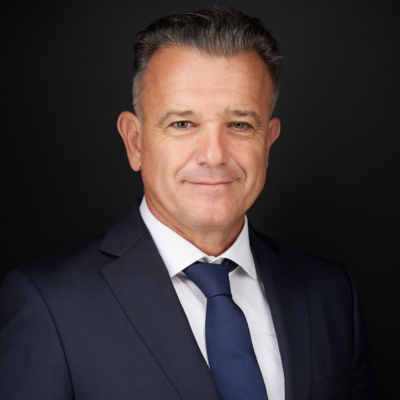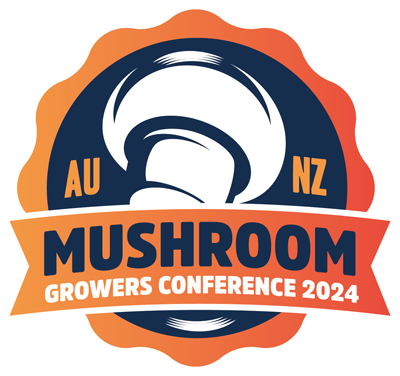
Árpád Mutsy
Chief Executive Officer
Bio-Fungi
After graduating from the University of Horticulture and Food Industry, he was the head of Sylvan Hungary and its Eastern European Division for 10 years. His name is associated with the construction of the Hungarian spawn plant, as well as with the re-launch of the Sylvan strain development.
The Bio-Fungi Group currently provides the Hungarian and, primarily, the region’s mushroom growers with 2400 tons of champignon compost and oyster substrate on a weekly basis.
The company introduced its modern, surface growing mushroom cultivation technology in 2008, wherein 40,000 m2 are cultivated with champignon and oyster mushrooms. Each week, more than 160 tons of fresh mushrooms are traded to leading local and regional supermarket chains. The company is 100% Hungarian-owned, employing more than 400 people.
Árpád Mutsy became acquainted with the entrepreneurial mindset in his childhood, as his grandparents and parents were farming, and his father, among other things, cultivated mushrooms.
As a consultant, he regularly participates in the professional preparation of European and overseas competitors of the mushroom industry (e.g. USA, Canada, Spain, Indonesia, Turkey, etc.), with the conviction that development is common, and no actor can expropriate it. He undertook specialist consulting and other engineering work in the start-up of countless (foreign) new plants or in the conversion and modernisation of existing plants. He gave lectures on mushroom industry issues at universities and professional conferences in many parts of the world.
Innovation and continuous development are one of the main driving forces of the company. Most of these involved the development and introduction of technologies and products that made the company unique, and it can be said that Bio-Fungi Ltd. carried out most of the innovations in the mushroom growing sector in Central and Eastern Europe.
Currently, despite the achievements of the modern compost yard, new improvements and investments are being made to increase efficiency and the company is thinking about building a new mushroom farm.
Various Quality KPIs of Composting
The aim of the presentation is to collect the main empirical connections, on the basis of which the optimal composting conditions and processes can be monitored.
In order to obtain an adequate yield, the composts that form the basis of champignon cultivation are to be similar or must be the same in all parts of the world, although the raw materials, the weather, the technical and, last but not least, the human factors are different everywhere. (The presentation covers the diversity of raw materials and the monitoring of various parameters, KPIs and the internal content values.) The presentation also discusses the importance of monitoring the various parameters, KPIs and internal content values in light of the diversity of raw materials.
The following topics will be discussed in the presentation: homogeneity, compost structure, optimal time for composting, TVN, ammonia, nitrogen content, and their relationship to each other.
The purpose of the presentation is to provide experiential assistance to professionals working in different or similar conditions on how to optimise their compost production processes.
